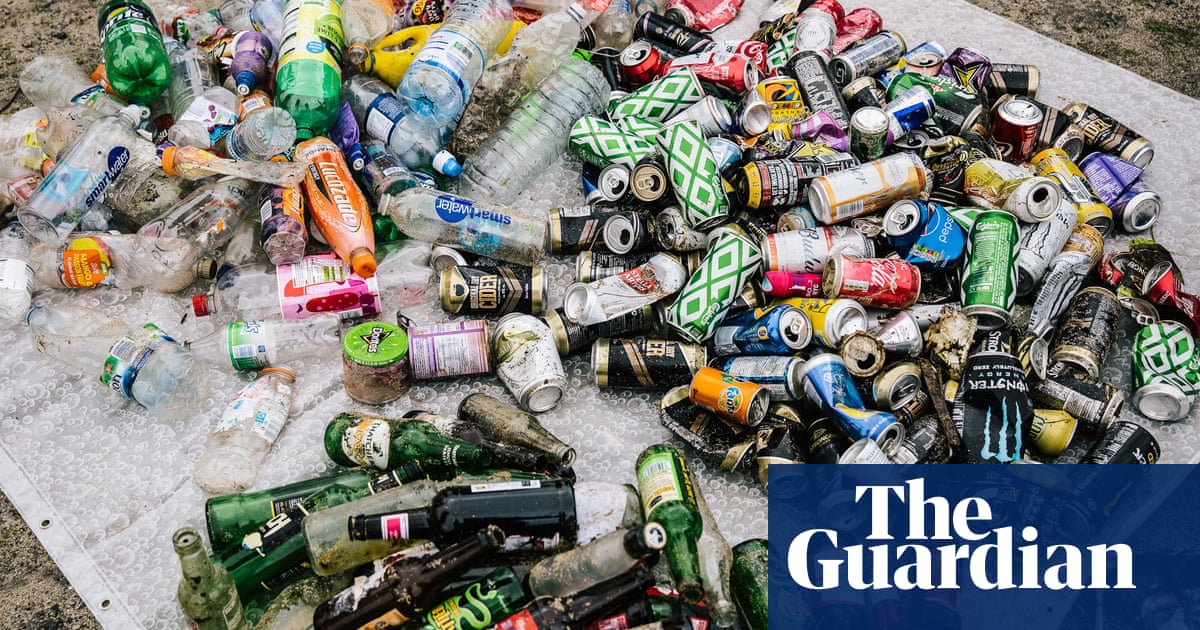
‘Economic interests outweigh reputational ones,’ says communications expert
DUBAI: Multinational companies maintaining operations in Russia are facing criticism from some Western customers, who are using social media platforms to call for boycotts.
Major companies, including tech giants Apple, Google and Netflix, as well as advertising group WPP, have backed out of Russia in the wake of the Ukraine invasion.
McDonald’s, which receives 9 percent of its revenue and 3 percent of its operating profits from Russia, previously said it would remain open in the country.
But the company announced today that it would temporarily close all its Russian stores, adding that it would continue paying employees.
Coca-Cola, Pepsi and Uniqlo, among others, have said they will remain in the Russian market, and are facing pressure from online activists, with the hashtags #BoycottCocaCola and #BoycottPepsi trending on social media.
“This is a time when (you’ve) got to pick your side, and it doesn’t strike me as this being very difficult to pick,” Tim Fort, a professor of business ethics at Indiana University, told AFP.
“Russians (will) be able to survive without the Big Mac, but (ask) why is McDonald’s closed? What’s going on? It’s a more powerful signal in that sense,” he added.
Clothing retailer Uniqlo has also chosen to keep its stores in Russia open, while others, including Levi Strauss & Co., H&M and Zara, opted to close down in the country.
“Clothing is a necessity of life. The people of Russia have the same right to live as we do,” Tadashi Yanai, CEO of Uniqlo parent company Fast Retailing, told Reuters.
Coca-Cola, which is continuing operations in Russia, said in a statement: “This week, with (bottling partner) Coca-Cola HBC, we have committed €1 million ($1.09 million) to support the brave efforts of the Red Cross movement operating in Ukraine. We are also contributing to Red Cross organizations in the neighboring nations of Romania, Hungary, Slovakia and Poland, donating beverages and a further €550,000 to support refugees in these countries.
“While these are our actions today, we will continue to monitor the situation closely,” the company added.
Mark Hass, a communications specialist at Arizona State University, told AFP that the economic interest of companies that have chosen to stay in Russia “outweighs the reputational one.
He added: “If social media starts identifying you as a company that’s willing to do business with an autocratic aggressor, which is slaughtering thousands of people in Ukraine, you’re in big trouble,” he added.
Yale professor Jeffrey Sonnenfeld and his research team at the Yale Chief Executive Leadership Institute have compiled a list of the businesses that have chosen to stay open in Russia and those that have shut up shop. Since the start of the invasion, 280 companies have announced their withdrawal from the Russian market.
In an article for Fortune magazine, Sonnenfeld said: “Military conflicts between India and Pakistan in 1999, or Israel and Lebanon in 2014, were not prevented by Big Macs. Sadly, the presence of 108 McDonald’s in Ukraine and 847 McDonald’s in Russia has done little to prevent war.
“Despite the cost of abandoning major investments and the loss of business, there is a strong reputational incentive to withdraw,” he added, citing a Morning Consult survey that found more than 75 percent of Americans believe corporations should cut business ties with Russia after the invasion of Ukraine.











